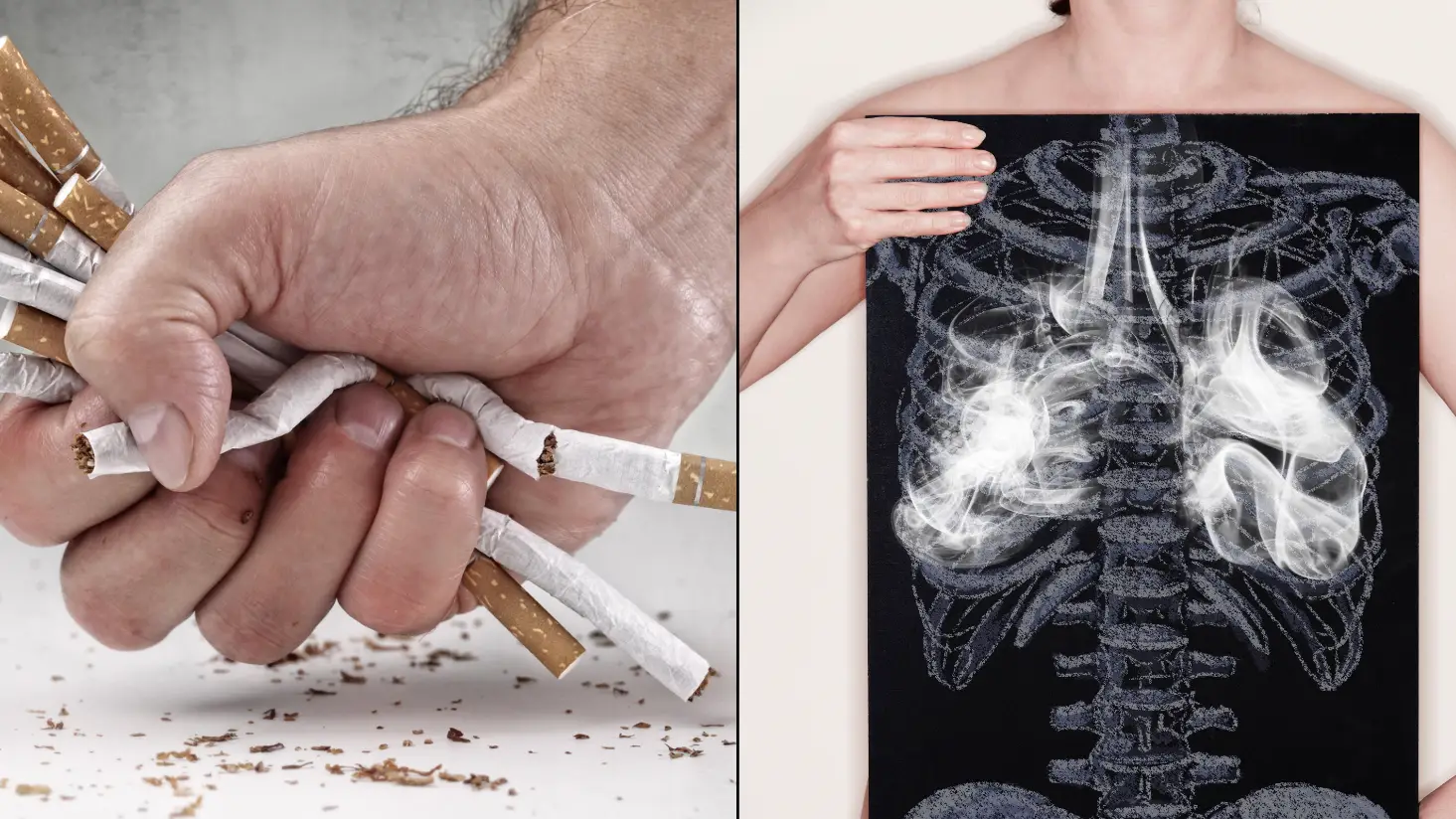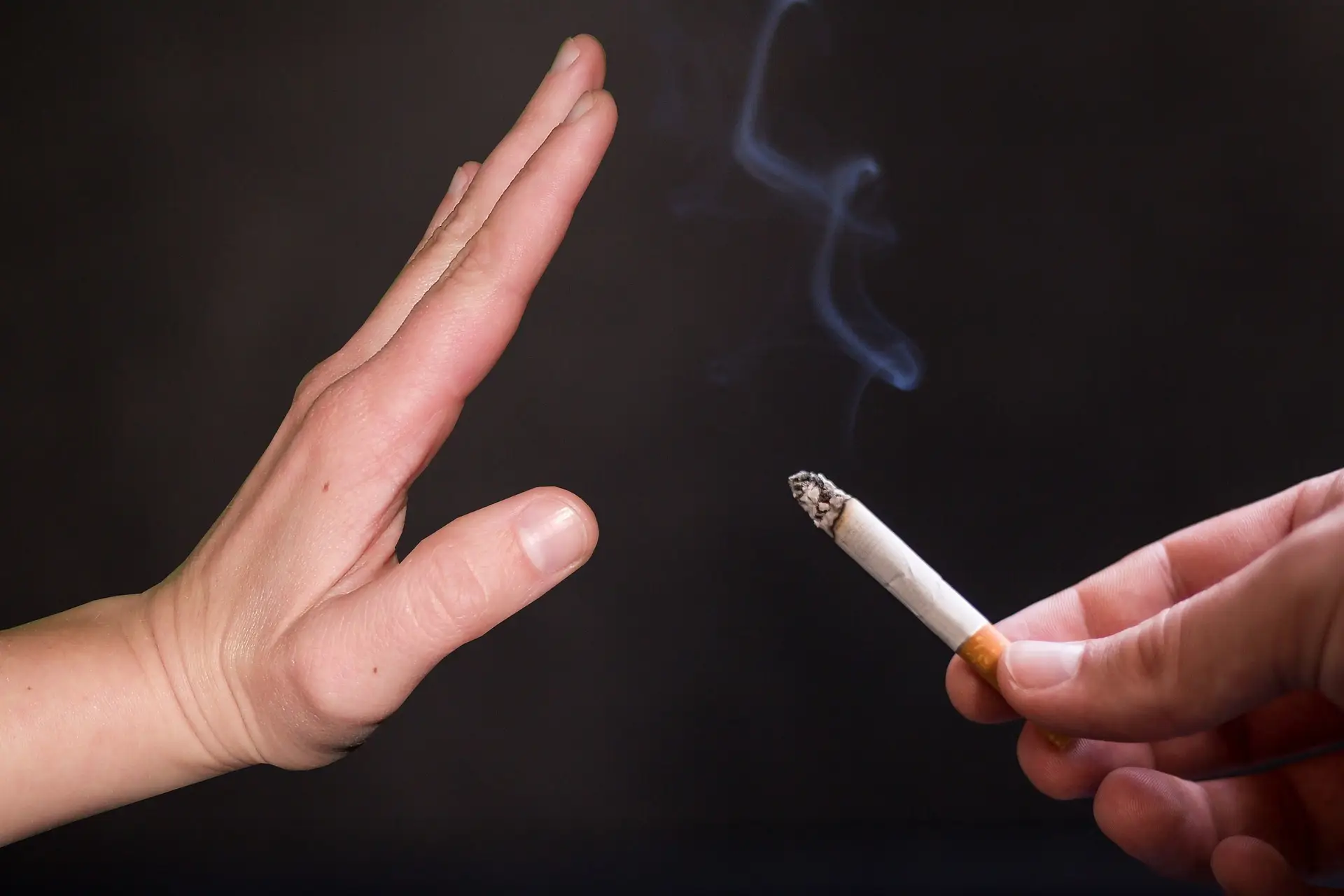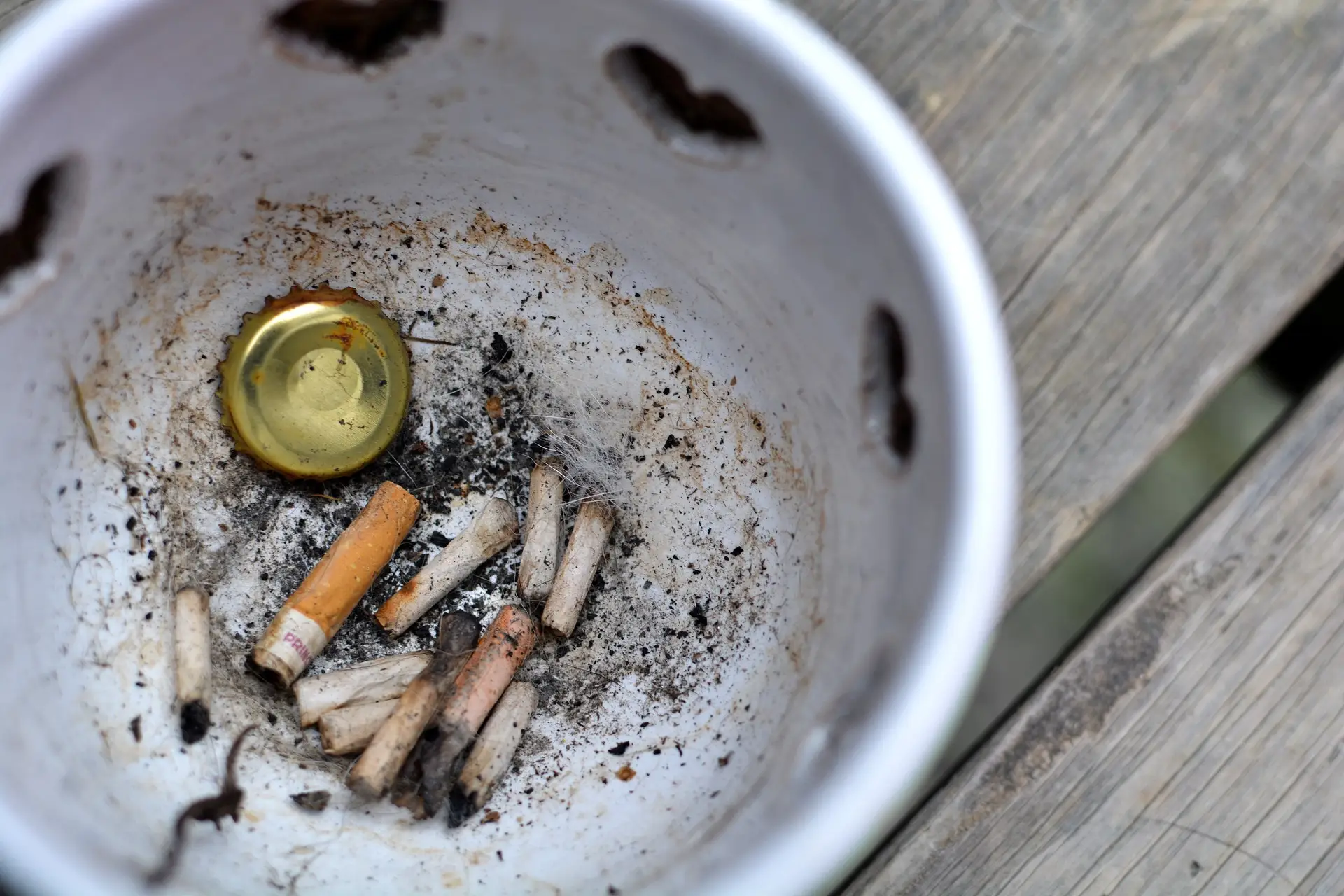
Getting through the first few days after quitting smoking is an incredible achievement, and after three weeks you'll likely have got over the shock of the physical withdrawal. So what happens now?
The effects of quitting smoking begin from as little as 20 minutes after your last cigarette, when your pulse rate will begin to return to normal. Your oxygen levels start to recover after eight hours, and after two days all lingering carbon monoxide is flushed out of your body.
The benefits of quitting are undeniably worth it, but that's not to say it's easy.
Advert

The first three days are intense, and by the third day of quitting many former smokers experience discomforts of physical withdrawal.
Symptoms of this withdrawal can include flu-like symptoms, irritability, anxiousness, insomnia, and increased appetite, Very Well Mind explains, so on the whole it's not going to be pleasant.
You can help alleviate the withdrawal by eating five small meals a day, drinking lots of water, going for a walk and taking a quick nap, but hopefully the cravings should start to subside about three to four weeks after quitting.
In the meantime, the NHS notes that within two to 12 weeks of quitting blood will be pumping through to your heart and muscles more effectively.
Stick with your new smoke-free life, and after three weeks most people who quit will have made it through the shock of physical withdrawal.
Your body will have overcome the physical need for nicotine, though it may not feel this way in your mind as a result psychological withdrawal, which can make you feel like you're craving all over again.

To help ignore the cravings, Very Well Mind advises writing down the reasons you quit to avoid 'romanticising' smoking, as well as focusing on more healthy or productive thoughts.
Identify the triggers that make you want to pick up a cigarette so you can be prepared to tackle them, and make sure to be patient with yourself. You can also seek support from online groups or friends.
At three months, some former smokers might have got over the 'novelty' of quitting and be tempted to pick up another cigarette, but you can avoid the cravings if you stay focused on the health benefits, remind yourself that what you're feeling is normal and temporary, and do your best to distract yourself from any cravings.
Keep in mind that by three months any coughs, wheezing or breathing problems will be improving, and after one year without a cigarette your risk of heart attack will have halved compared with a smoker's.
After 10 years your risk of death from lung cancer will have halved compared with a smoker's, so while it's tough, the perseverance is worth it!